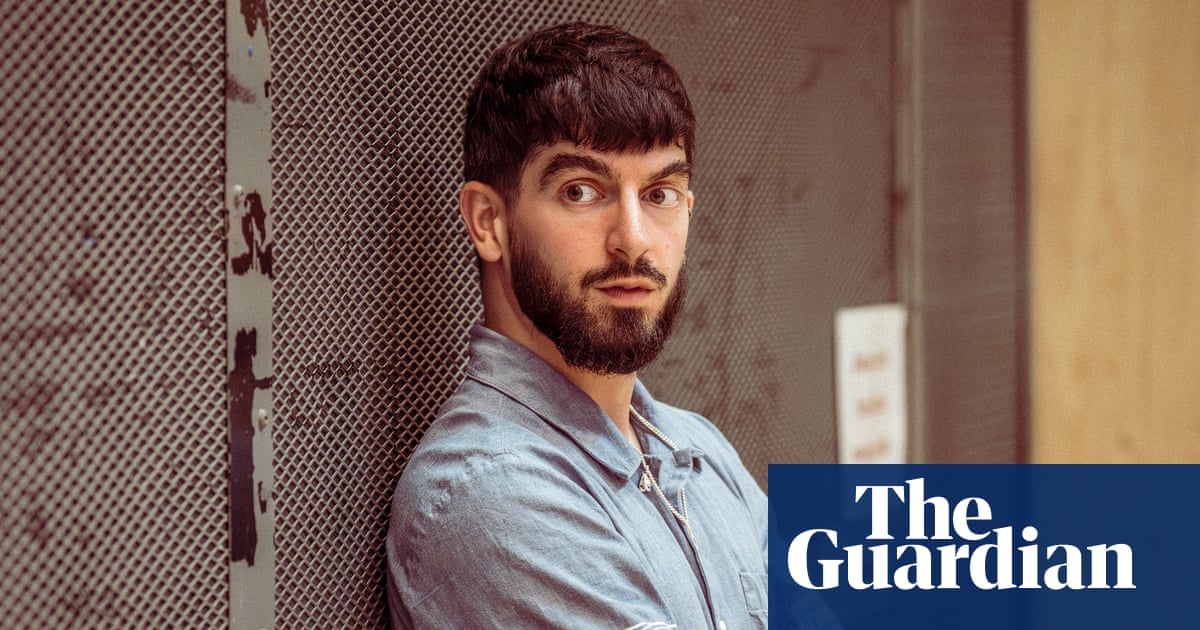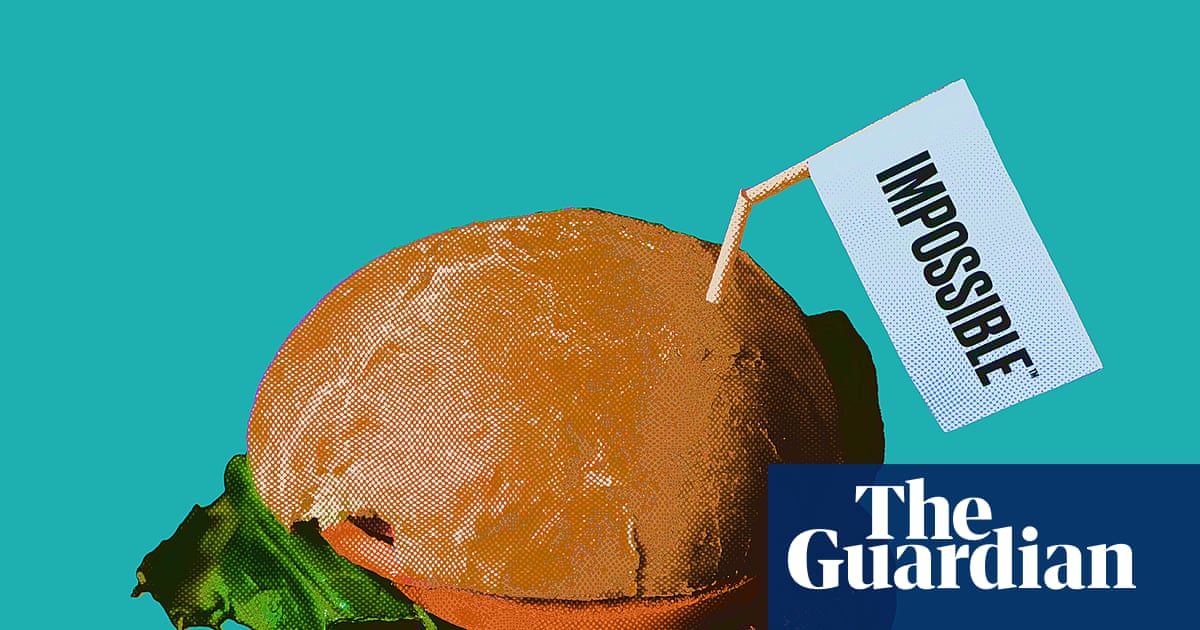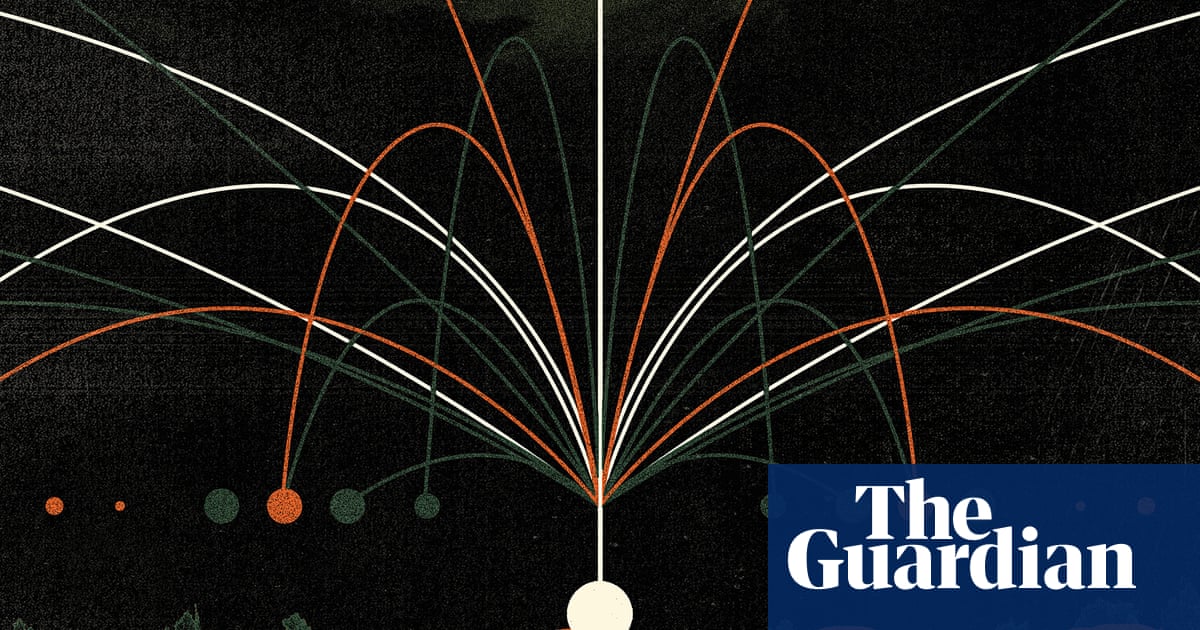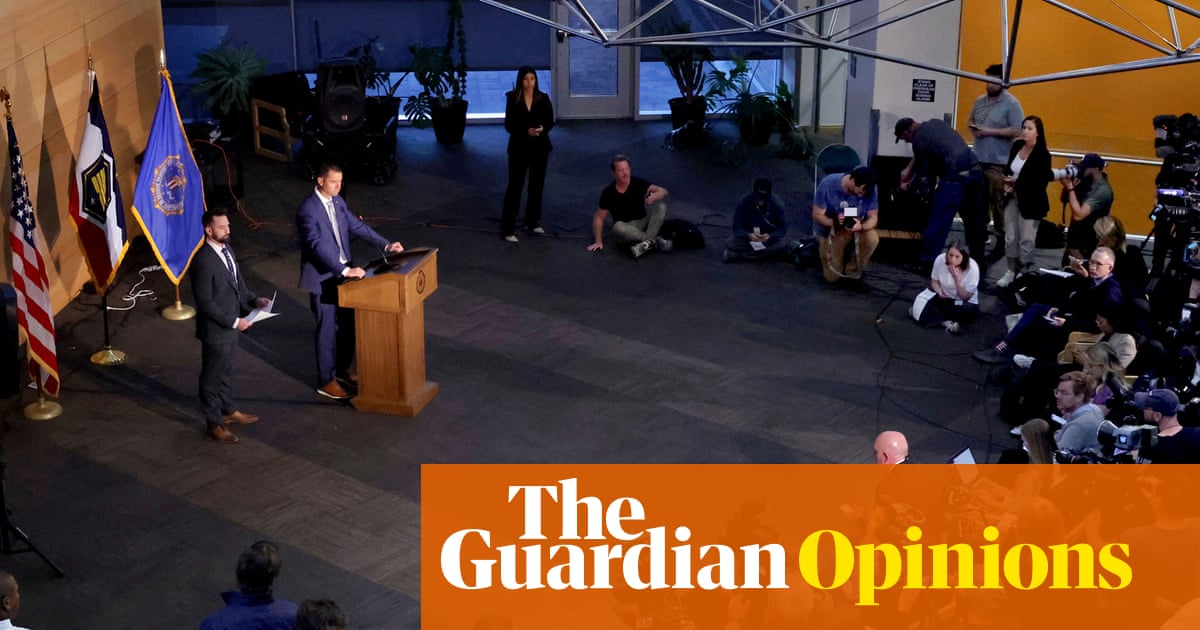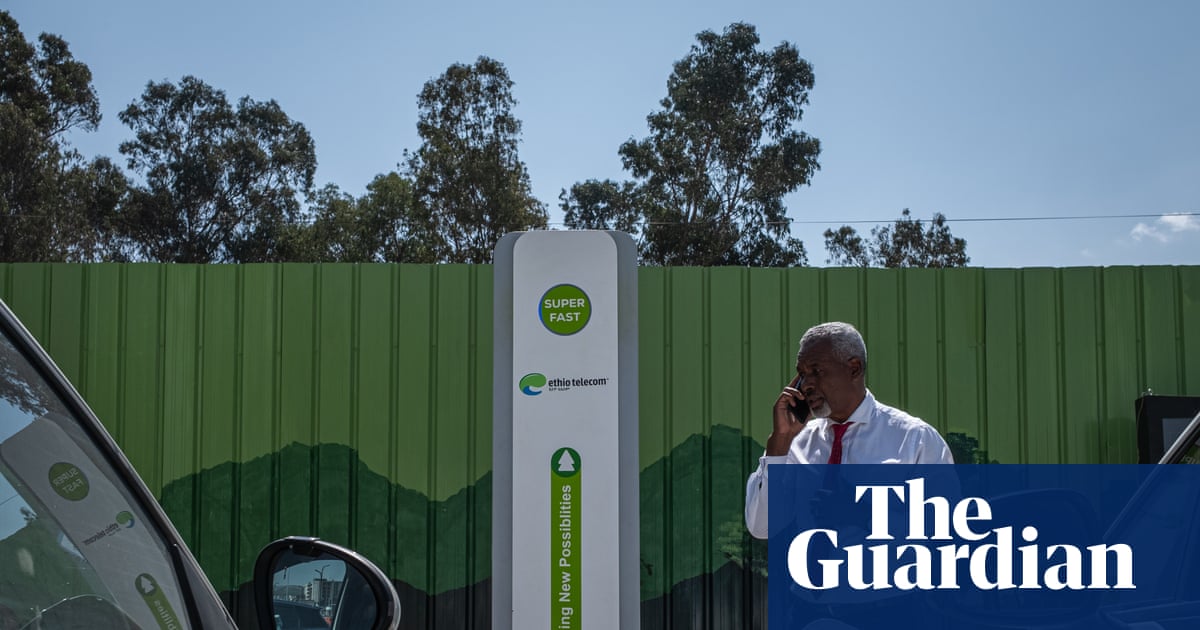The designer of the iPhone has promised his next artificial intelligence-enabled device will be driven by a sense that “humanity deserves better”, after admitting feeling “responsibility” for some of the negative consequences of modern technology.
Sir Jony Ive said his new partnership with OpenAI, the company behind ChatGPT, would renew his optimism about technology, amid widespread concerns about the impact of smartphones and social media.
In an interview with the Financial Times, London-born Ive declined to give details about the device he is developing with OpenAI, but indicated unease about people’s relationship with some tech products.
“Many of us would say we have an uneasy relationship with technology at the moment,” he said. He added that the device’s design would be driven by “a sense of ‘we deserve better. Humanity deserves better’.”
However, Ive, Apple’s former chief design officer, said he felt the burden of the negative impact of modern technology products. “While some of the less positive consequences were unintentional, I still feel responsibility. And the manifestation of that is a determination to try and be useful.”
He added: “If you make something new, if you innovate, there will be consequences unforeseen, and some will be wonderful and some will be harmful.”
Last month, Ive sold his hardware startup, io, to OpenAI in a $6.4bn (£4.7bn) deal and would be taking on creative and design leadership across the merged businesses.
In a video announcing the deal, the OpenAI chief executive, Sam Altman, described a prototype developed by Ive as “the coolest piece of technology that the world will have ever seen”.
The Apple analyst Ming-Chi Kuo has claimed the device will be screenless, can be worn around the neck and will be as “compact and elegant as an iPod Shuffle”. Mass production is expected to start in 2027.
The Wall Street Journal reported the device would be fully aware of a user’s surroundings and life. It described the product as a user’s third core device after a MacBook Pro and iPhone.
Ive, who joined Apple in 1992, said the OpenAI partnership had made him optimistic again about technology’s capabilities, something he felt Silicon Valley had lost.
“When I first moved here I came because it was characterised by people who genuinely saw that their purpose was in service to humanity, to inspire people and help people create. I don’t feel that way about this place right now,” he said.
Ive was interviewed alongside Laurene Powell Jobs, the widow of the Apple co-founder Steve Jobs, who also acknowledged “dark uses for certain types of technology”.
She added: “You can only look at the studies being done on teenage girls and on anxiety in young people, and the rise of mental health needs, to understand that we’ve gone sideways. Certainly, technology wasn’t designed to have that result. But that is the sideways result.”
Powell Jobs – whose company, Emerson Collective, is an investor in Ive’s LoveFrom business – declined to comment on whether the new OpenAI device would compete with Apple products.
“I’m still very close to the leadership team in Apple,” she said. “They’re really good people and I want them to succeed also.”

 3 months ago
62
3 months ago
62


